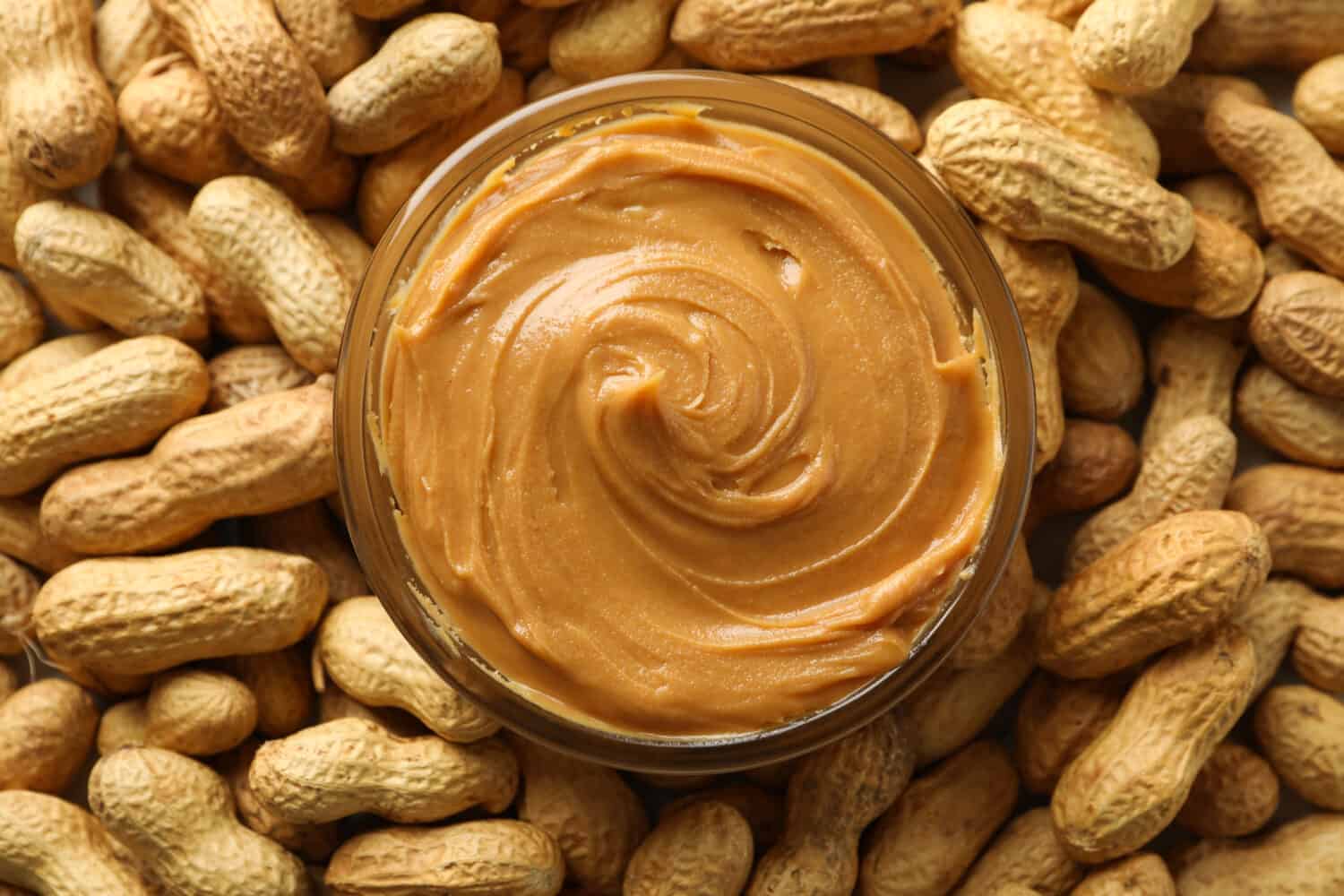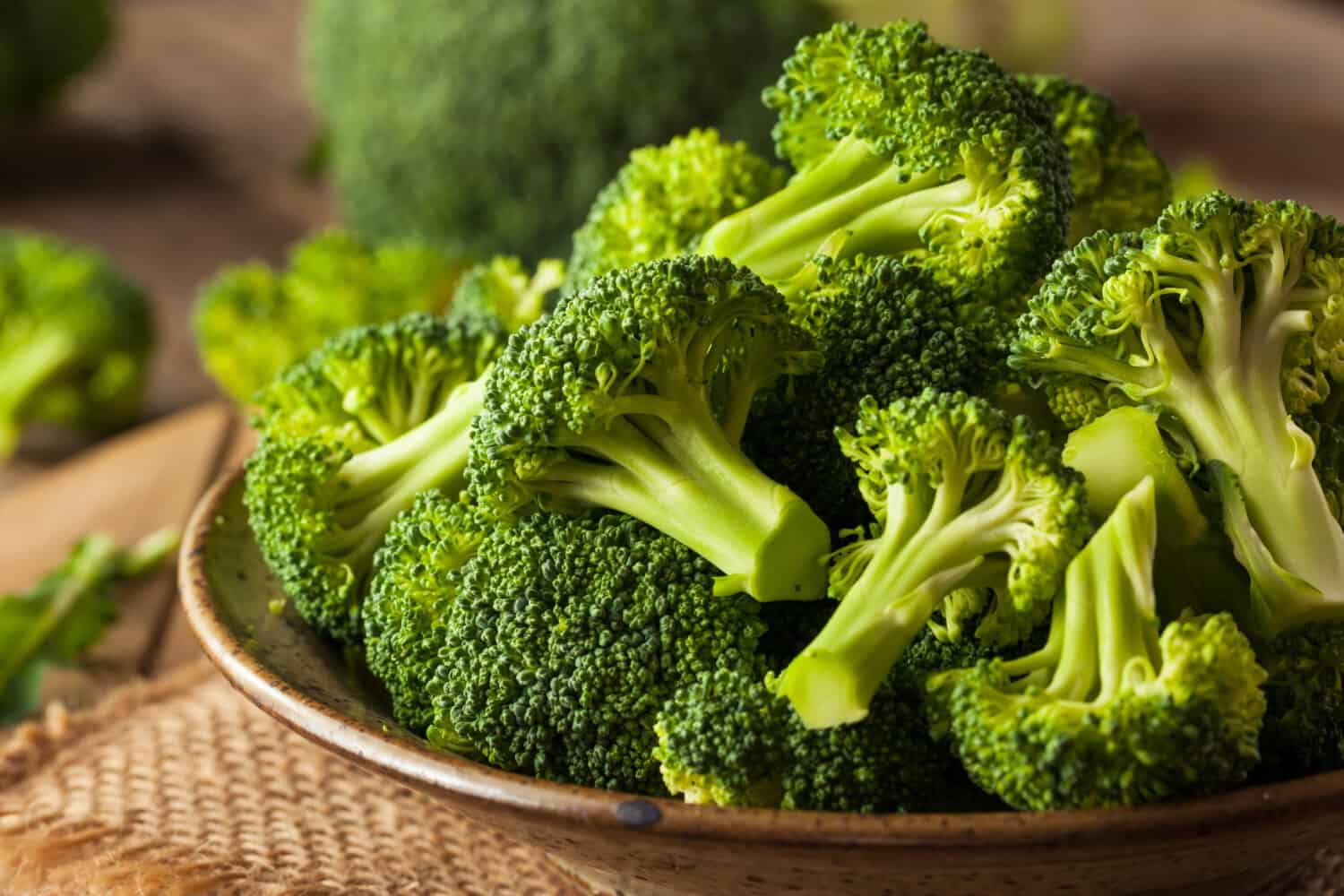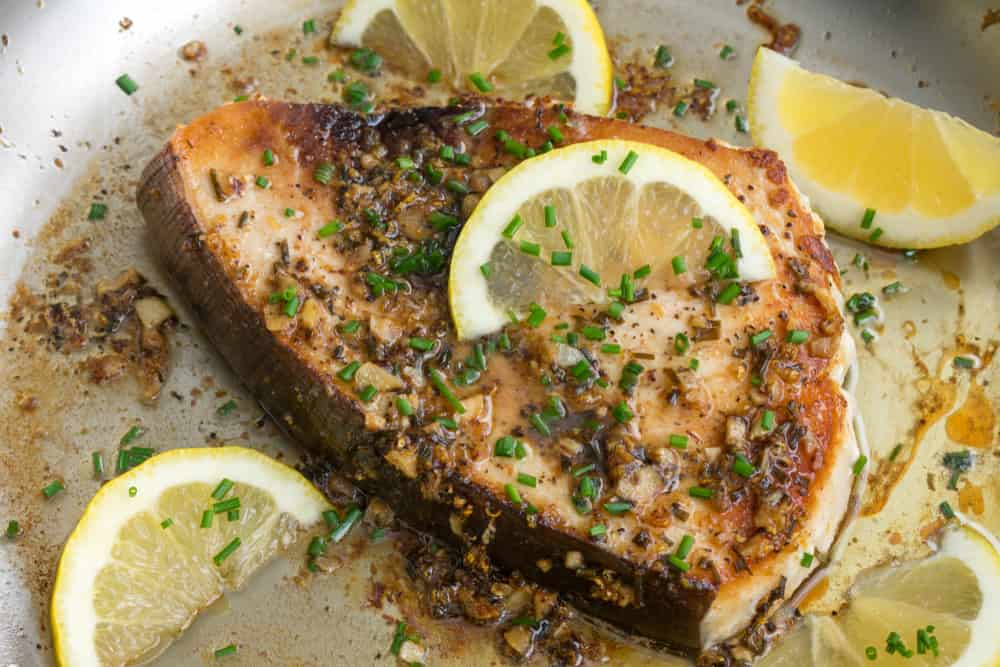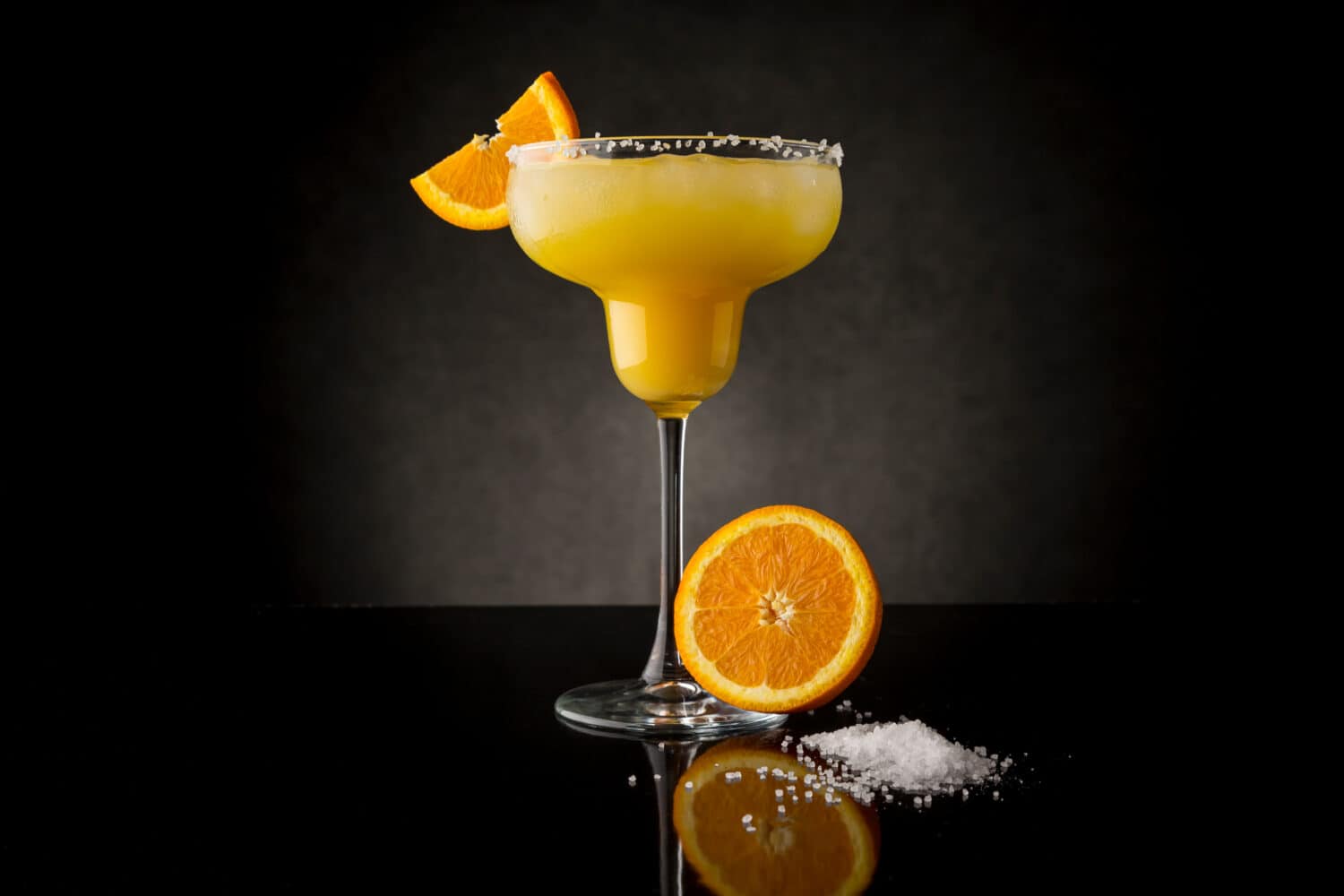Whether you’ve just had a baby or you’re about to, it’s important to stay informed and be prepared. You already know that you should pay close attention to what you consume during pregnancy, but what about after you’ve given birth and begin breastfeeding?
It’s recommended that new mothers consume more calories after giving birth than before conceiving due to the nutritional needs of themselves and their newborn babies. But it’s important to know what types of foods to avoid if you’re planning on breastfeeding. Here, we outline the 8 foods you should consider leaving out of your diet if you’re planning on breastfeeding. As always, it’s important to follow the advice of your pediatrician or doctor on any issues, including what to eat and what not to eat while breastfeeding your new little one.
Eggs

©Africa Studio/Shutterstock.com
Eggs are an excellent source of protein, but some babies may develop a reaction, such as eczema, two. It’s best to speak to your doctor or pediatrician before cutting anything out of your diet, but it’s also important to limit these types of food if you’re noticing any changes in your little ones skin.
Peanuts

©AtlasStudio/Shutterstock.com
One fear among most parents is their child having a serious allergic reaction, and peanuts are definitely a big one. Again, we recommend you talk to your pediatrician or doctor, but some new parents opt to limit or cut out peanuts from their diet just in case.
Spicy Foods

©iStock.com/nitrub
During pregnancy for some women, eating spicy foods can cause even more heartburn and digestive issues than you might be already experiencing. However, while breastfeeding, if you notice that your new baby is colicky or gets diarrhea, it’s important to put the hot sauce down or at least cut back on it until you’re done breastfeeding your little one.
Gassy Foods

©Brent Hofacker/Shutterstock.com
Similar to spicy foods, it’s best to limit gassier foods like broccoli, Brussels sprouts, and cabbage if you notice your new baby is experiencing abnormal gas or is colicky. However, if this is not a problem, then it’s fine to eat as regular. Just know, if your newborn is experiencing any of these symptoms, this could be the culprit.
Chocolate

©iravgustin/Shutterstock.com
Say it isn’t so! Like it or not, chocolate does have traces of caffeine in it. Not to say that you can’t enjoy your favorite chocolate bar once in a while, if you were sensitive to caffeine, there’s a good chance it could affect your breastmilk. If not, enjoy that chocolate!
Coffee

©Emma McIntyre/Getty Images/Photodisc via Getty Images
This one might be a no-brainer, but it’s definitely important to limit the amount of caffeine you consume, especially during breastfeeding. However, with that said, everybody is different. Just be sure to consume no more than 3 cups of caffeine a day, as that caffeine can pass through your bloodstream into your milk.
Certain Types of Fish

©Candice Bell/Shutterstock.com
While most fish is a healthy source of omega-3 fatty acids and vitamin D, there are also some downsides to eating fish—especially while breastfeeding. Most types of fish contain mercury, so it’s recommended that if you are breastfeeding, you avoid such as shark, big guy, tuna, king, mackerel, and swordfish. Because it’s such a healthy source of protein, may not be necessary to completely eliminate other types of fish out of your diet, but it’s important not to overdo it.
Alcohol

©Impact Photography/Shutterstock.com
We’ve all heard of the phrase “pump and dump.” Most mothers choose to enjoy that skinny margarita or glass of red wine (or two) after giving birth. Besides, it has been nine months. It’s best not to drink at all during breast-feeding, but if you choose to be sure, the alcohol is cleared from your milk before pumping or breastfeeding.
The image featured at the top of this post is ©iStock.com/Daisy-Daisy.
